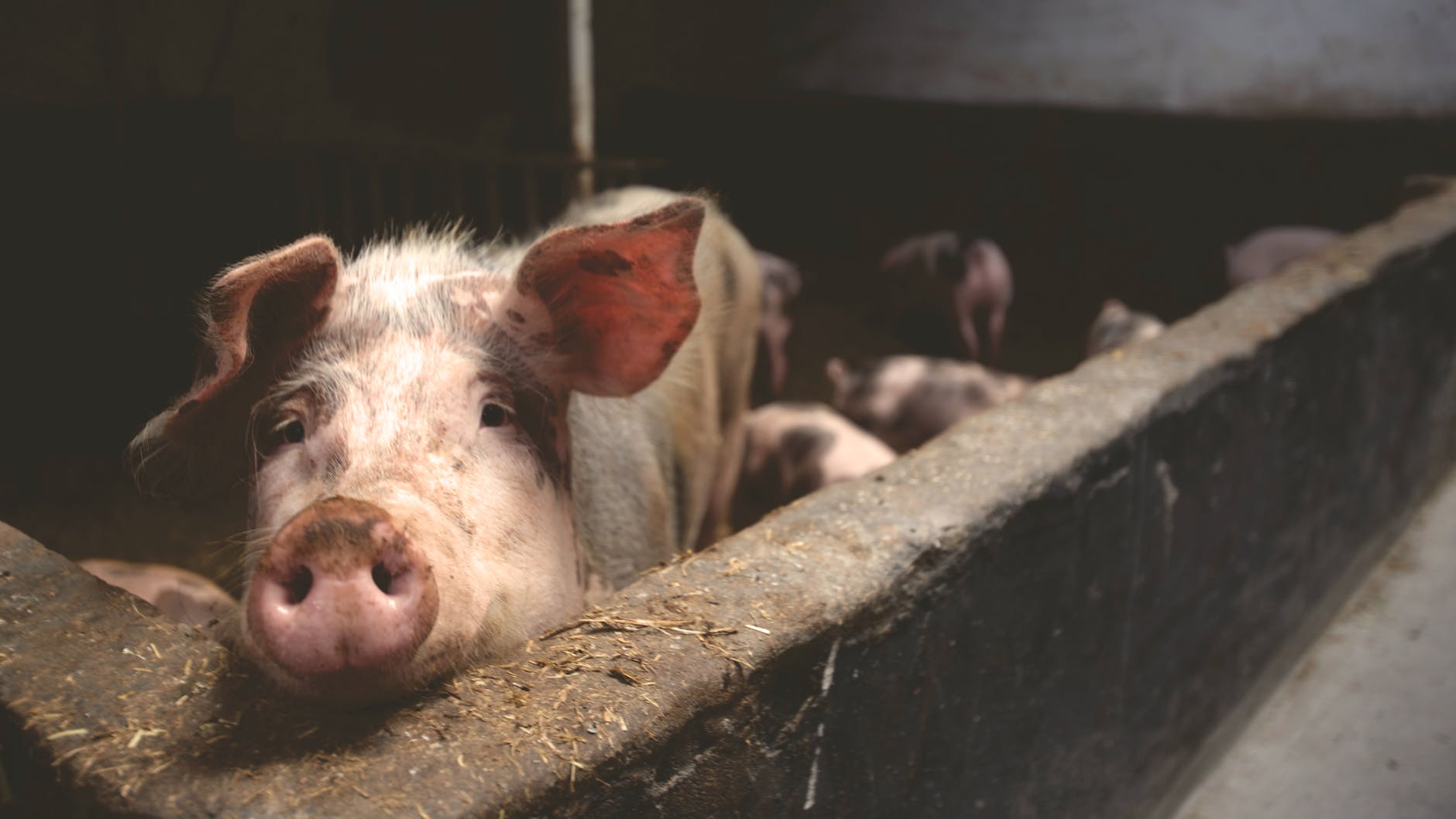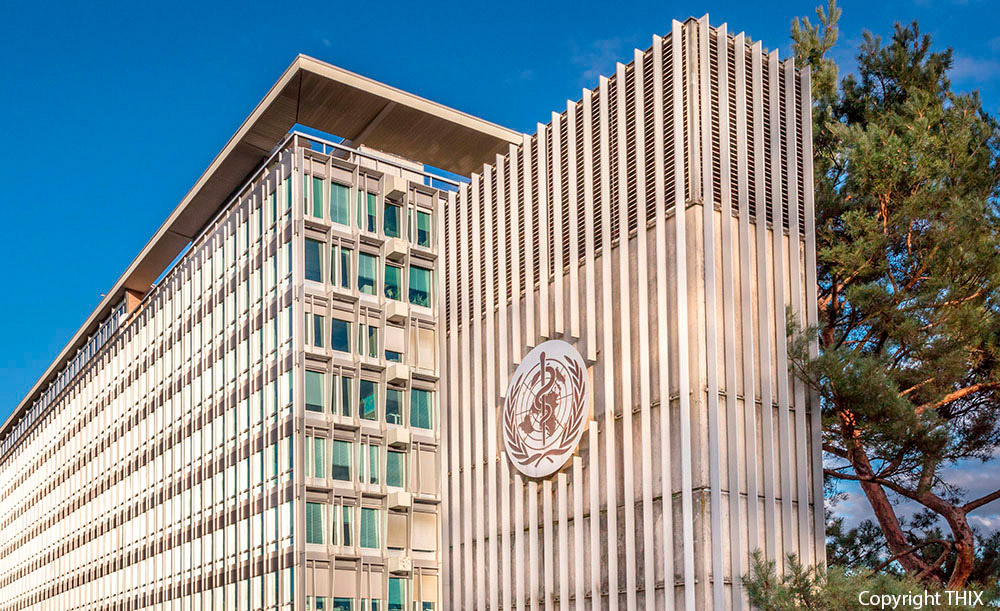A Neglected Tragedy: The Global Burden of Stillbirths, released by the UN Children’s Fund (UNICEF), the World Health Organization (WHO), the World Bank and the UN Department of Economic and Social Affairs (DESA), reveals that 84 per cent of these grievous episodes occur in low and lower-middle income countries.
The first-ever joint global estimates also point out that stillbirths remain a challenge for high income countries, where a mother’s level of education is one of the greatest drivers of inequity, and ethnic minorities may lack access to sufficient quality health care.
“Losing a child at birth or during pregnancy is a devastating tragedy for a family, one that is often endured quietly, yet all too frequently, around the world”, lamented UNICEF Executive Director Henrietta Fore.
A majority of stillbirths could have been prevented — UNICEF chief
COVID factor
And the report attests that the COVID-19 pandemic will likely lead a further rise.
A pandemic-induced 50 per cent reduction in health services, could cause nearly 200,000 additional stillbirths over a 12-month period in 117 low and middle income countries, according to modeling done for the report by the Johns Hopkins Bloomberg School of Public Health.
Muhammad Ali Pate, Global Director for Health, Nutrition and Population at the World Bank, and Director of the Global Financing Facility for Women, Children and Adolescents, spelled out: “COVID-19 has triggered a devastating secondary health crisis for women, children and adolescents due to disruptions in life-saving health services”.
Poor quality of pregnancy and delivery care; a lack of antenatal and intrapartum services and weak nursing and midwifery workforces are responsible for most of these occurrences, says A Neglected Tragedy.
“Beyond the loss of life, the psychological and financial costs for women, families and societies are severe and long lasting”, Ms. Fore affirmed, adding that “a majority of stillbirths could have been prevented with high quality monitoring, proper antenatal care and a skilled birth attendant”.
Socioeconomic link
But even before the pandemic, few women in low and middle income countries received timely, high-quality care to prevent stillbirths, the report shows – with coverage ranging from less than two per cent to a high of only 50 per cent in eight important maternal health interventions, including C-sections, malaria prevention and pregnancy hypertension management.
“Welcoming a baby into the world should be a time of great joy, but everyday thousands of parents experience unbearable sadness because their babies are still born”, said WHO Director-General Tedros Adhanom Ghebreyesus.
Sound investment needed
Despite advances in health services from 2000 to 2019, the annual stillbirth reduction rate was just 2.3 per cent, compared to a 2.9 per cent reduction in neonatal mortality, and 4.3 per cent in mortality among children aged one to 59 months, according to the report.
However, the study maintains that with sound policy, programmes and investment, progress is possible.
“The tragedy of stillbirth shows how vital it is to reinforce and maintain essential health services, and how critical it is to increase investment in nurses and midwives”, the WHO chief upheld.
Because pregnant women need continued access to quality care, throughout their pregnancy and during childbirth, Dr. Pate stressed, “we are supporting countries in strengthening their health systems to prevent stillbirths and ensure that every pregnant woman can access quality health care services”.













